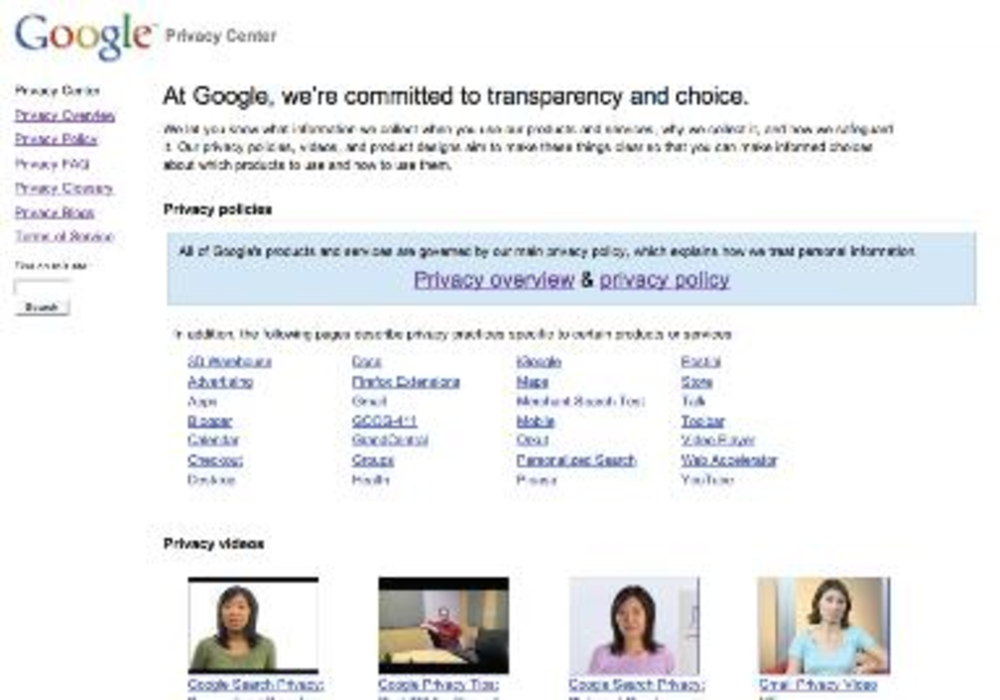Online marketers are standing behind their practices in the face of governmental scrutiny. Many believe that education — not stricter regulations or changing practices — is the best remedy for public issues with online advertising.
In a July 9 hearing before the Senate Committee on Commerce, Science and Transportation, the Federal Trade Commission, Microsoft, Google and NebuAd each testified on the possible benefits of consumer tracking for behavioral advertising, as well as privacy concerns related to such practices.
“One thing the online ad industry has probably not done well enough is educate consumers on things like the idea that cookies and spyware are not the same thing, what is personally identifiable and what can be captured,” contends John Ardis, VP of corporate strategy at ValueClick Inc. “Without education, there will be well-meaning legislation that ends up having a negative impact on American business because sometimes these bills are written in sweeping language.”
Ardis points out that the amount of data gathered and used in online advertising pales in comparison to the information used in traditional direct marketing efforts. If further legislation restricting the gathering or use of consumer data were to be passed, Ardis fears, there is a chance that it could negatively affect the entire DM industry.
“It’s about responsible use of data in any form,” he says.
Jessica Rich, assistant director of the division of privacy and identity protection at the FTC, agrees with Ardis that a major cause of privacy concerns may be that consumers don’t fully understand the process and purpose behind online data collection.
“The extent to which [companies objectives have] been invisible to the consumer may be adding to consumers not understanding how collecting information might actually benefit them,” she says.
Education makes up an increasingly large part of the transparency that’s being called for in the online advertising industry. Other principles of conduct proposed by the FTC include consumer choice, reasonable security notices and affirmative express consent for data use.
The FTC has proposed self-regulation for the industry, and most companies seem eager to provide the assurance and security that customers demand. Google has added an educational “Privacy” link on its homepage, and AOL has rolled out an ad campaign featuring animated penguins that explain the ins, outs and benefits of behavioral advertising.
For now, behavioral advertising, which provides more relevant ads and information to Web users, is soothing consumers’ privacy concerns enough to avoid stricter federal regulations.
“There should be some rules of engagement [regarding] how data can and should be used to actually benefit the consumer, but as long as we keep it anonymous, the consumer will feel comfortable because, at the end of the day, their Web experience will be better,” Frank Addante, founder and CEO of The Rubicon Project says, in summing up the issue.





